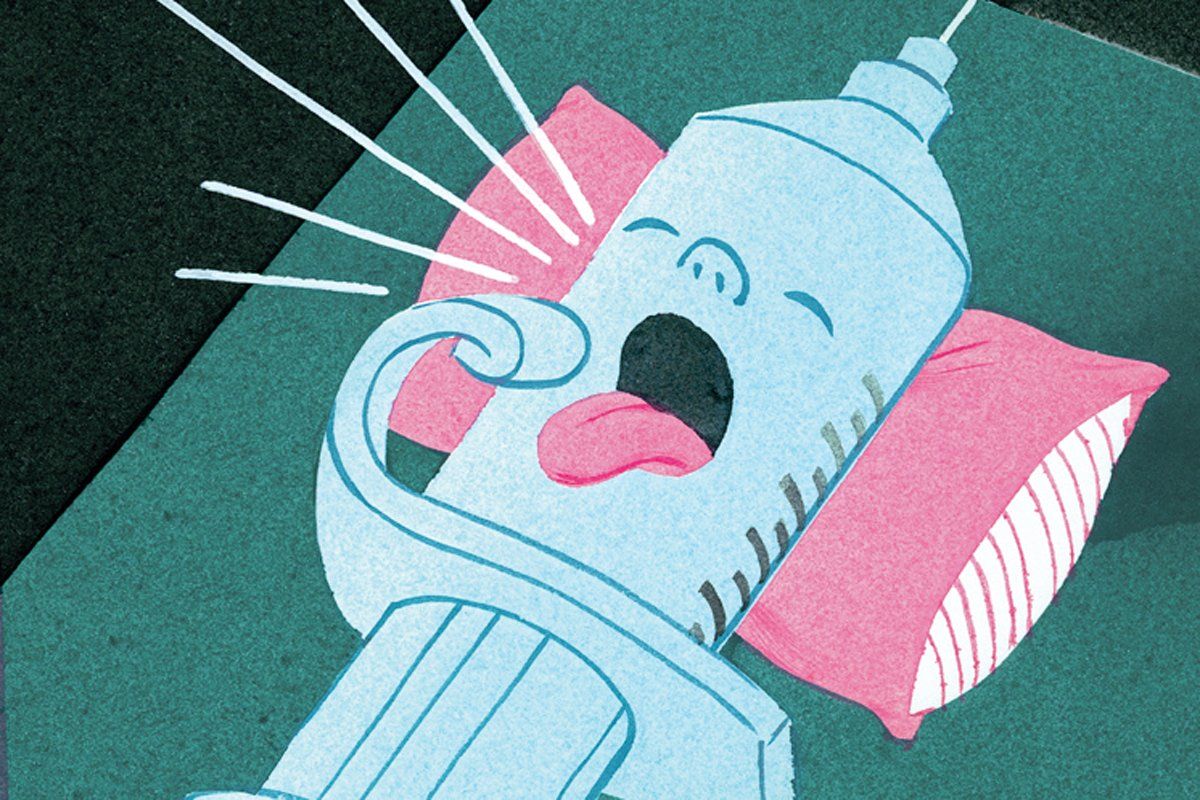
Whooping cough, seemingly consigned to the trash heap of history, is making a troubling return. Last week, the CDC announced that Washington State is coping with a major outbreak of the dis- ease, also called pertussis, with rates 13 times higher than usual. And it's just one of many states with the problem—Wisconsin, New York, and others are struggling to control this vaccine-preventable disease.
Unlike other infections—tuberculosis, measles, polio—that have returned because of an underfunded public-health system or a strident antivaccination movement, whooping cough's second act cannot be blamed on financial or political interference: more than three fourths of the Washington cases occurred in vaccinated children and adolescents. So what happened?
The explanation is twofold. First, pertussis, like the mumps and chicken pox, hasn't been eradicated because the vaccine for it doesn't last long enough. Most studies suggest that immunity to pertussis fades just a few years after the last shot, which usually is given in kindergarten. No surprise, then, that most of Washington's cases involve preteens.
The reason pertussis is becoming such a problem now relates to changes in the vaccine. The original version, approved in the 1930s, consisted of actual, dead pertussis bacteria. Though very effective, the shot often caused high fevers. (Indeed, much of the parental concern in the 1980s regarding vaccines and autism was directed not at the measles vaccine, the current target, but at the old pertussis vaccine.) In response, manufacturers created a new, cleaner vaccine—but one with substantially less staying power, as the current epidemics attest.
The second reason for the persistence of pertussis—as well as other infections that have been almost-but-not-quite eradicated—is that vaccines become victims of their own success. The more, and better, a population is inoculated, the less the actual disease circulates in the community; periodic reexposure to the so-called wild-type disease provides a needed wake-up call to our immune system. It's the Catch-22 of vaccination: less exposure results in weaker defenses against the disease.
The pertussis story should have been a happy one: scientists confidently replacing a clunky old vaccine full of side effects with a sleek new pain-free model designed for the 21st century. But rather than following the uplifting script, pertussis has stubbornly refused to go away. To regain control of the budding epidemic, we will need to adopt more old-fashioned measures: stricter attention to basic cough hygiene, swifter diagnosis, and dogged revaccination of those with fading immunity.
Uncommon Knowledge
Newsweek is committed to challenging conventional wisdom and finding connections in the search for common ground.
Newsweek is committed to challenging conventional wisdom and finding connections in the search for common ground.





